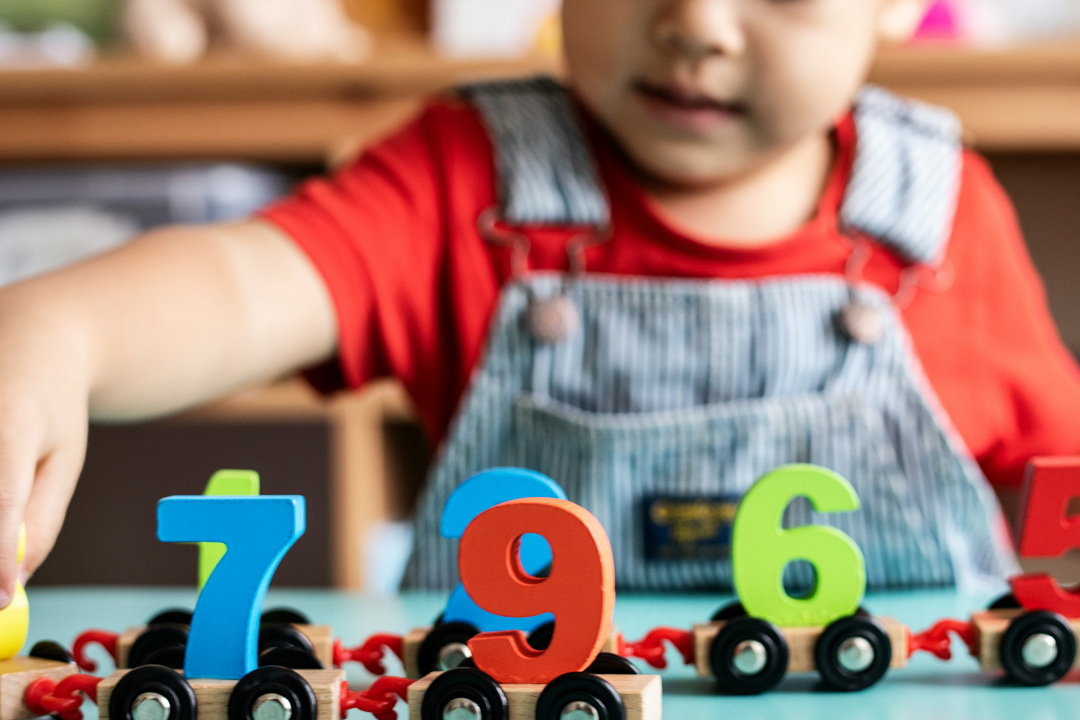
Brazil's Olympic Football Journey: Key Moments and Historic Achievements
2025-11-11 10:00
by
nlpkak
I still remember watching the 2016 Rio Olympics football final at a local sports bar, surrounded by passionate Brazilian fans who erupted in pure joy when Neymar's winning penalty hit the back of the net. That moment perfectly captured Brazil's long and emotional journey in Olympic football—a quest that spanned generations and ultimately culminated in that golden moment at the Maracanã. Having followed international football for over two decades, I've always found Brazil's Olympic narrative particularly fascinating because it contrasts so sharply with their otherwise dominant football history. While they've lifted the World Cup trophy five times, Olympic gold remained frustratingly elusive for decades, creating what I like to call "the missing piece" in their football legacy.
Brazil's Olympic football story really begins with their first participation in 1952 Helsinki Games, though they'd been trying to qualify since the 1920s. What many people don't realize is that Brazil actually won bronze in 1996 Atlanta—their first men's football medal since the 1984 silver. I've always argued that this 1996 team, featuring players like Bebeto and Rivaldo, laid the crucial foundation for future successes, even though they fell short of gold. The real turning point came in 2008 Beijing when Brazil, led by Ronaldinho and a young Alexandre Pato, secured bronze again. Watching that tournament, I felt Brazil was getting closer—the pieces were falling into place, though the gold medal continued to evade them in what became an almost Shakespearean drama of near-misses.
The 2012 London Olympics represented what I consider Brazil's most heartbreaking campaign before their eventual triumph. With Neymar emerging as the tournament's standout star and Thiago Silva marshaling the defense, they reached the final against Mexico as overwhelming favorites. I recall thinking during the pre-match buildup that this was finally Brazil's moment—the team looked unstoppable. Yet Mexico's stunning 2-1 victory, sealed within the first 30 minutes, left the Brazilian players and their global fanbase utterly devastated. This defeat, more than any previous one, created a psychological barrier that the 2016 team would need to overcome on home soil. The pressure was immense—imagine trying to win Brazil's first Olympic football gold while hosting the Games, with expectations reaching fever pitch.
When the 2016 Rio tournament began, I'll admit I had my doubts. The group stage performances were shaky—draws against South Africa and Iraq raised serious questions about whether this team could handle the pressure. But something shifted during the knockout stages. The quarterfinal victory against Colombia, though marred by controversial refereeing decisions, showed a resilience I hadn't seen in previous Brazilian Olympic squads. The semifinal against Honduras was particularly telling—a dominant 6-0 victory that announced Brazil had found their rhythm at the perfect moment. What impressed me most was how Neymar evolved from being just the star player to becoming the team's emotional leader, something I believe was crucial for their ultimate success.
The final against Germany represented more than just a gold medal match—it was a chance for redemption after the infamous 7-1 World Cup defeat two years earlier. The game itself was a tactical masterpiece from both sides, but what stood out to me was Brazil's mental fortitude. When Germany equalized in the second half, the old Brazil might have collapsed under the weight of history and expectation. This team, however, dug deeper. The penalty shootout victory wasn't just about technical skill—it was about conquering decades of psychological baggage. When Neymar converted the winning penalty, the explosion of emotion across Brazil was something I'll never forget—it felt like an entire nation exhaling after 64 years of waiting.
Reflecting on Brazil's Olympic journey reminds me of something golfer Justin Quiban once said about competing against top Asian Tour players: "We're going to be playing the Asian Tour guys, and they are all good." This sentiment resonates with Brazil's Olympic experience—they faced increasingly competitive fields where every nation brought their best, making the eventual triumph even more meaningful. The women's team deserves mention too—their 2004 and 2008 silver medals, followed by elimination in quarterfinals in more recent tournaments, demonstrates how competitive Olympic football has become across both genders.
Looking at the numbers, Brazil's Olympic record is actually quite impressive when you consider the context—they've participated in 13 Olympic football tournaments since 1952, reaching the final three times before 2016, with their women's team reaching two consecutive finals. The men's team scored 17 goals in the 2016 tournament while conceding just 6, with Neymar contributing 4 goals and 3 assists—stats that underscore his tournament-defining performance. What often gets overlooked is how Brazil's Olympic success has influenced their broader football development—players like Gabriel Jesus and Marquinhos used their Olympic experiences as springboards to European careers.
As someone who's studied football development pathways, I believe Brazil's Olympic journey represents something larger than just trophy collection—it demonstrates how even football giants must adapt and persist through generations of near-misses. The 2016 victory didn't just complete their trophy cabinet; it healed historical wounds and created new legends. While some critics argue Olympic football lacks the prestige of the World Cup, I'd counter that for Brazil, that gold medal represented something equally profound—the culmination of a national obsession that spanned multiple generations. The beautiful game has given Brazil many glorious moments, but few carried the emotional weight of that Rio night when gold finally came home.
